FOR A GREENER FUTURE: SUSTAINABLE PRACTICES IN OLIVE OIL PRODUCTION
Adopting an eco-friendly approach, extending from consumption to production is essential for a sustainable future. This principle is especially relevant for olive oil production. So, what are the sustainable methods in olive oil production? To answer this question, we first need to explore the concept of sustainable production and its key aspect sustainable agriculture.
RESPONSIBLE PRODUCTION AND CONSUMPTION FOR SUSTAINABLE DEVELOPMENT
The concept of sustainability was first introduced in the United Nations' Brundtland Report in 1987. It is defined as development that meets the needs of the present without compromising the ability of future generations to meet their own needs. To understand what is required for this development, we should examine the United Nations' Sustainable Development Goals, which are set to be achieved by 2030.
These Sustainable Development Goals include 17 targets, forming a comprehensive plan that encompasses ending poverty, protecting the environment, and achieving gender equality. One of these goals is responsible production and consumption. Embracing sustainability in both production and consumption habits is crucial for the future of our world. According to the UN's development plan, the steps required to achieve this goal include:
- Ensuring the sustainable management and efficient use of natural resources.
- Halving global food waste per capita at the retail and consumer levels and reducing food losses along production and supply chains, including post-harvest losses.
- Reducing the release of chemicals into air, water, and soil to minimize their adverse impacts on human health and the environment.
- Reducing waste generation through prevention, reduction, recycling, and reuse.
- Encouraging large companies to adopt sustainable practices and regularly report on their sustainability efforts.
- Promoting sustainable public procurement practices in line with national policies and priorities.
- Raising awareness about sustainable development and promoting living in harmony with nature.
- Enhancing scientific and technological capacities in developing countries to move towards more sustainable consumption and production patterns.
- Developing and implementing tools to monitor sustainable tourism, which creates jobs and promotes local culture and products.
- Correcting market distortions that encourage wasteful consumption and addressing the environmental impact of resource use and waste generation.
A comprehensive framework has been established to achieve the goal of responsible production and consumption. To realize these objectives by 2030, it is imperative that both producers and consumers advance with a strong sense of sustainability.

PRINCIPLES OF SUSTAINABLE PRODUCTION
As outlined in the working plan, achieving a sustainable future necessitates responsibility from both producers and consumers. As a consumer, you can contribute to the planet's future by integrating sustainability awareness into your consumption habits. However, for producers, a more sensitive and comprehensive approach is essential.
In sustainable production, every stage from the production process to the final product, must be evaluated in terms of economic, environmental, and social dimensions. Sustainable production involves the integration of environmental, societal, and economic considerations, adopting a balanced approach where all these aspects progress harmoniously. The principles of sustainable production include:
- Ensuring no harm to natural resources and maximizing efficiency in their use.
- Implementing waste management during production to minimize waste generation.
- Avoiding the use of harmful chemicals in production activities.
- Preventing energy waste and utilizing renewable energy sources.
- Embracing an environmentally friendly and health-conscious production mindset.
It is crucial for companies in every sector engaged in production activities to implement these sustainable production principles. However, it is even more critical in agricultural practices, especially those closely intertwined with nature, to achieve sustainable production. This is vital for protecting the environment and ensuring its preservation for future generations.
Now that we've explored the details of sustainable production, let's dive into the concept of sustainable agriculture, an important branch of sustainable production. We'll uncover the key considerations for olive oil production using sustainable agricultural methods.

WHAT IS SUSTAINABLE AGRICULTURE?
Sustainable agriculture can be broadly defined as creating an agricultural system that employs production technologies without harming the environment and ensures the conservation of natural resources. It's crucial to remember that the damage done to nature impacts not only production activities but also the future of our planet. To pass on the richness that nature offers to future generations, adopting environmentally friendly sustainable agricultural methods is imperative.
If you're wondering, "What are the methods of sustainable agriculture?" let's delve into the details. Sustainable agriculture can be achieved through practices such as:
- Properly managing soil to conserve natural resources
- Enhancing plant resilience
- Choosing organic alternatives over chemical pesticides
The essence of sustainable agriculture lies in improving product quality and maintaining the natural balance, rather than focusing solely on mass production. By doing so, we ensure that agricultural practices do not disrupt the environment, safeguarding the planet for future generations.

SUSTAINABLE AGRICULTURE AND OLIVE OIL PRODUCTION
Sustainable agricultural practices are vital for olive oil production, as they are for all agricultural activities. The key to consistently producing high-quality, flavorful, and health-beneficial olives lies in sustainable farming methods.
By embracing sustainable agriculture in olive cultivation and olive oil production, we can preserve the natural bounty of olive trees for future generations. This involves avoiding chemical pesticides, employing entirely natural methods, managing waste effectively, and producing olives and olive oil in an environmentally friendly and health-conscious manner without disrupting the natural balance.
At Gaia Oliva, we are dedicated not only to delivering high-quality products but also to caring for nature with the same passion we have for flavor. We are committed to sustainable agricultural practices that protect natural resources and minimize environmental impact.
We carefully tend to the olive trees, a treasure trove of flavor and health provided by nature, and harvest the olives meticulously without causing any harm to the trees. We understand the profound responsibility of passing on this natural wealth to future generations. With this awareness, we produce and deliver the purest form of olive oil to your tables with Gaia Oliva's varieties.
By embracing these sustainable practices, Gaia Oliva ensures that the natural richness of olive trees is preserved and passed on, offering you the finest olive oil while safeguarding the environment.

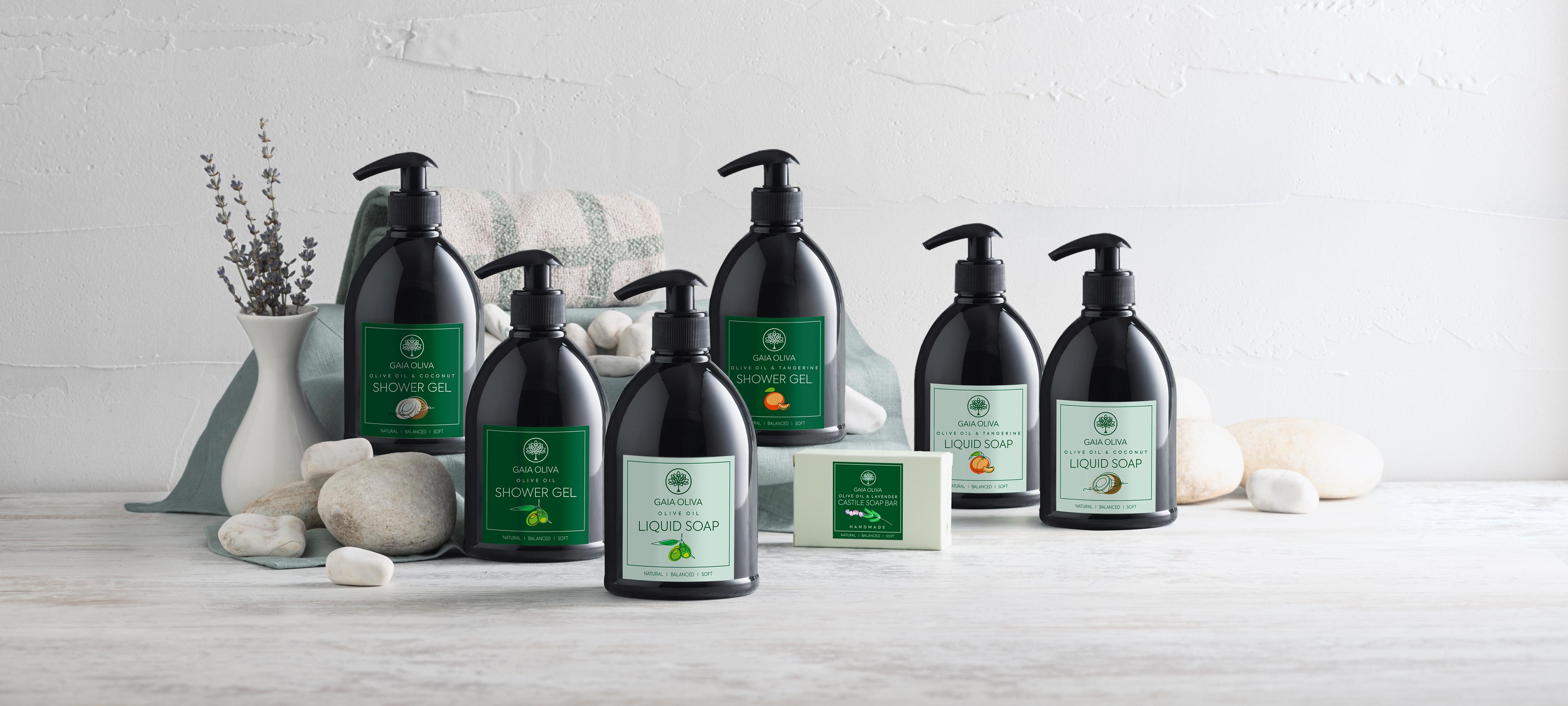


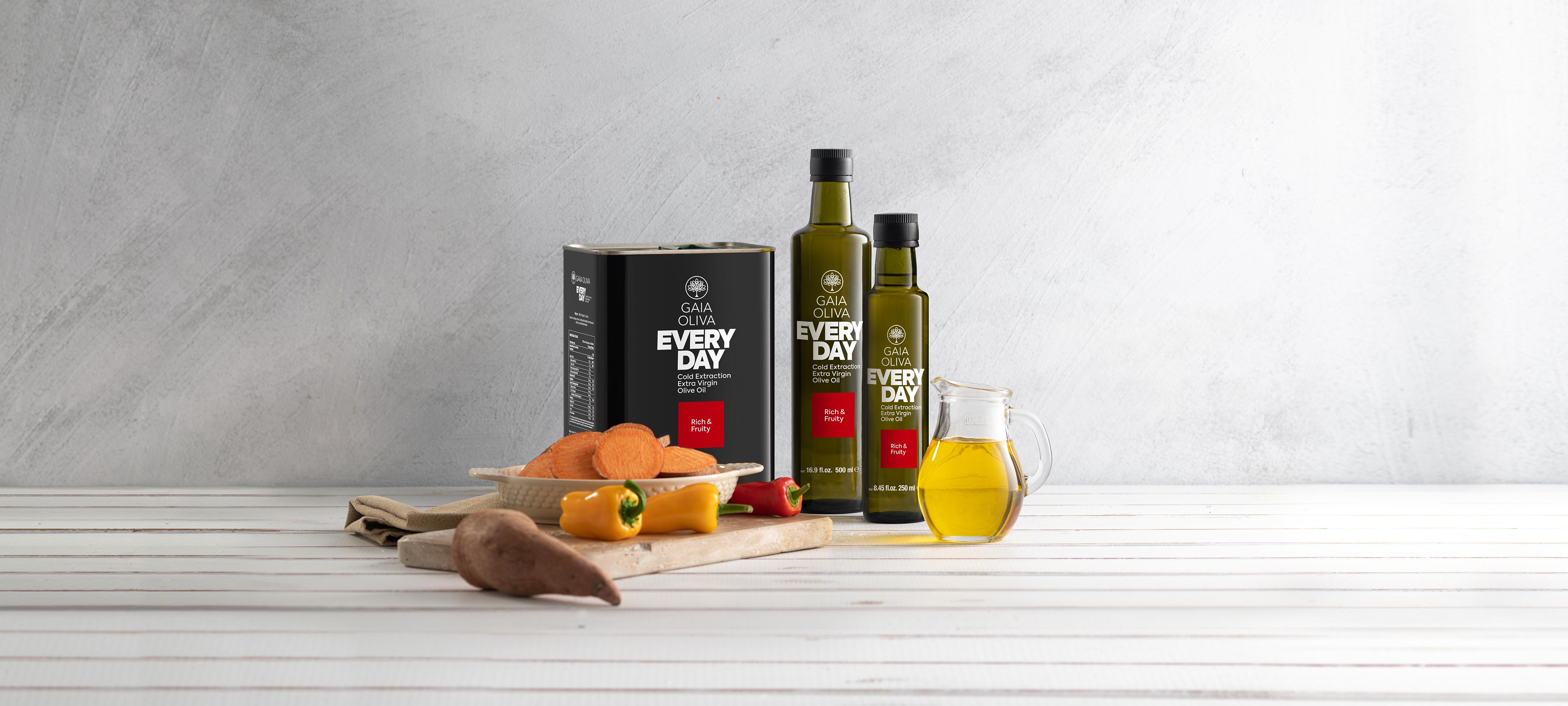
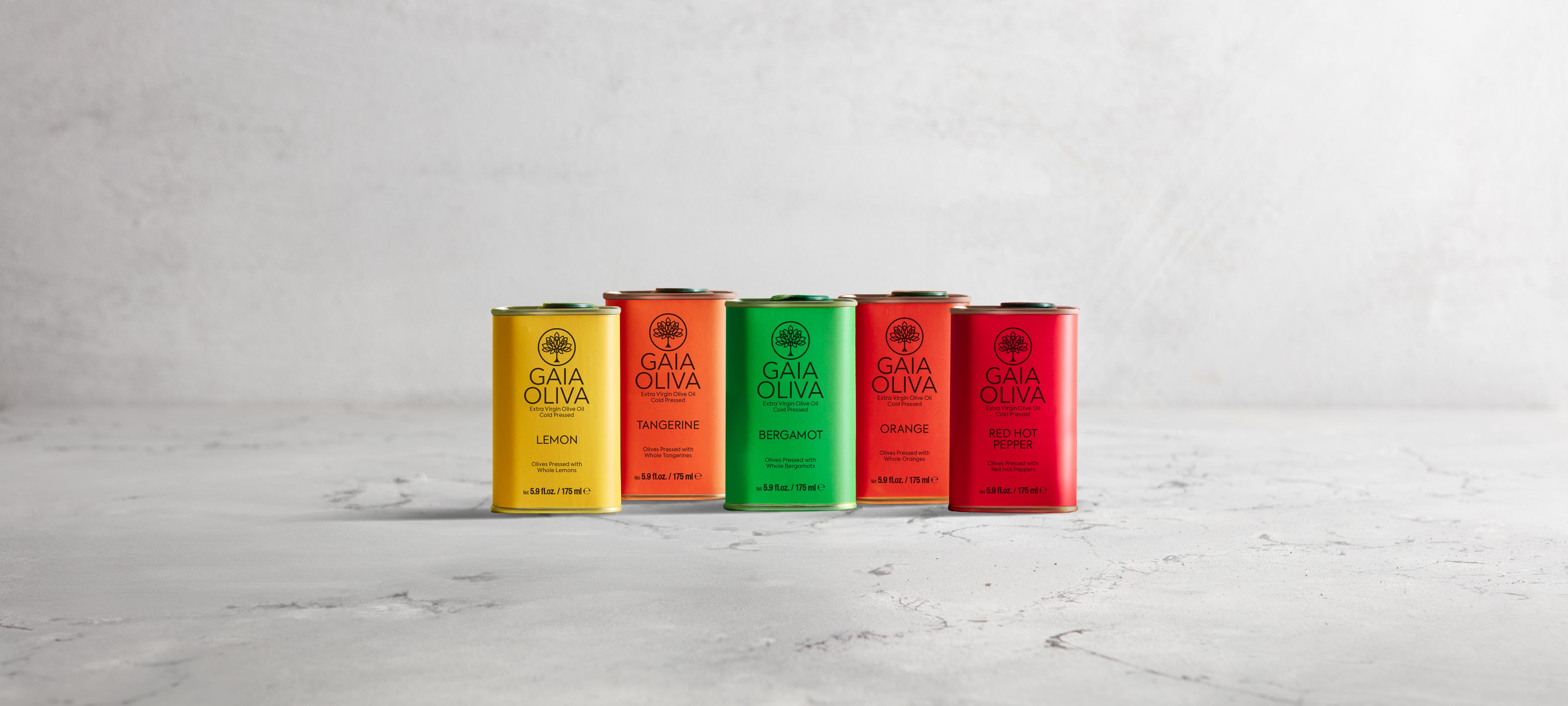

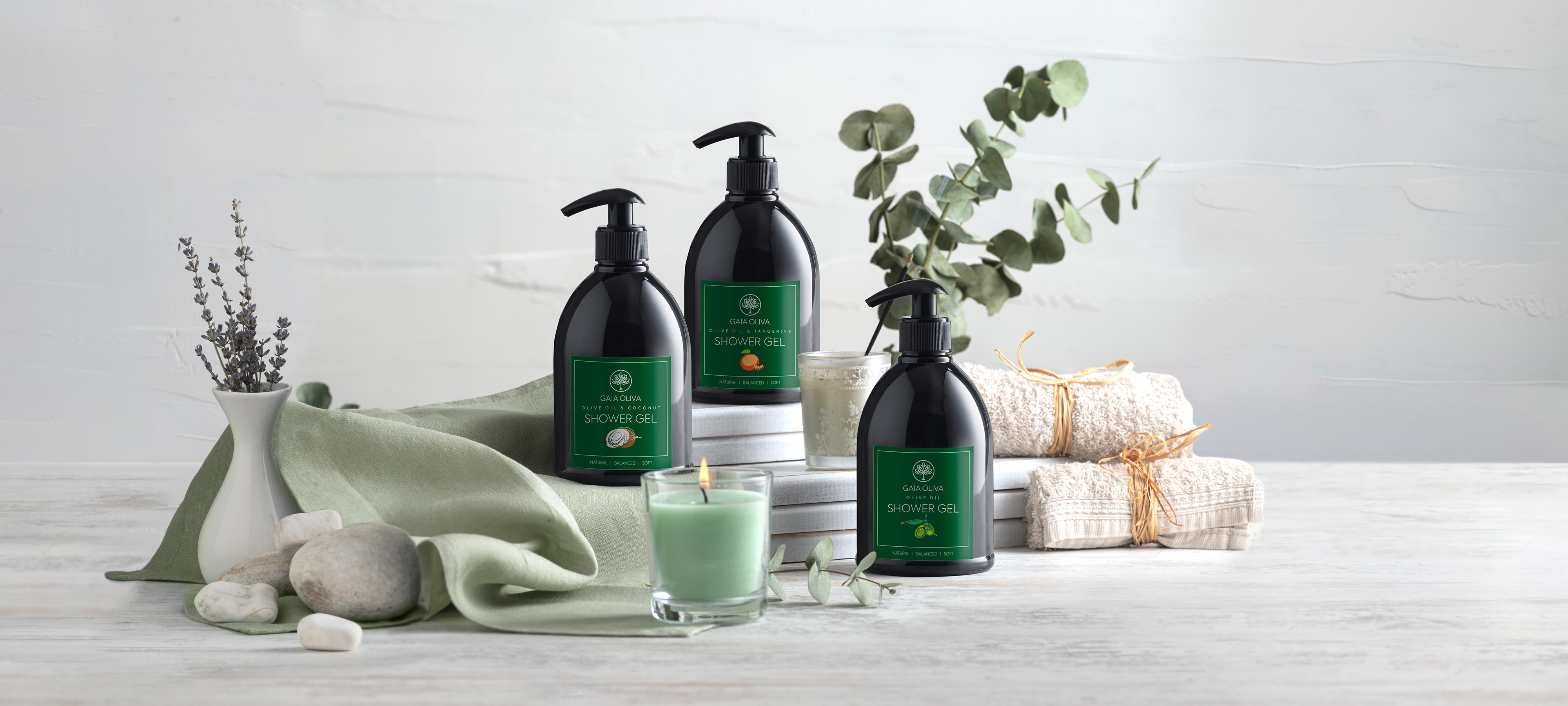
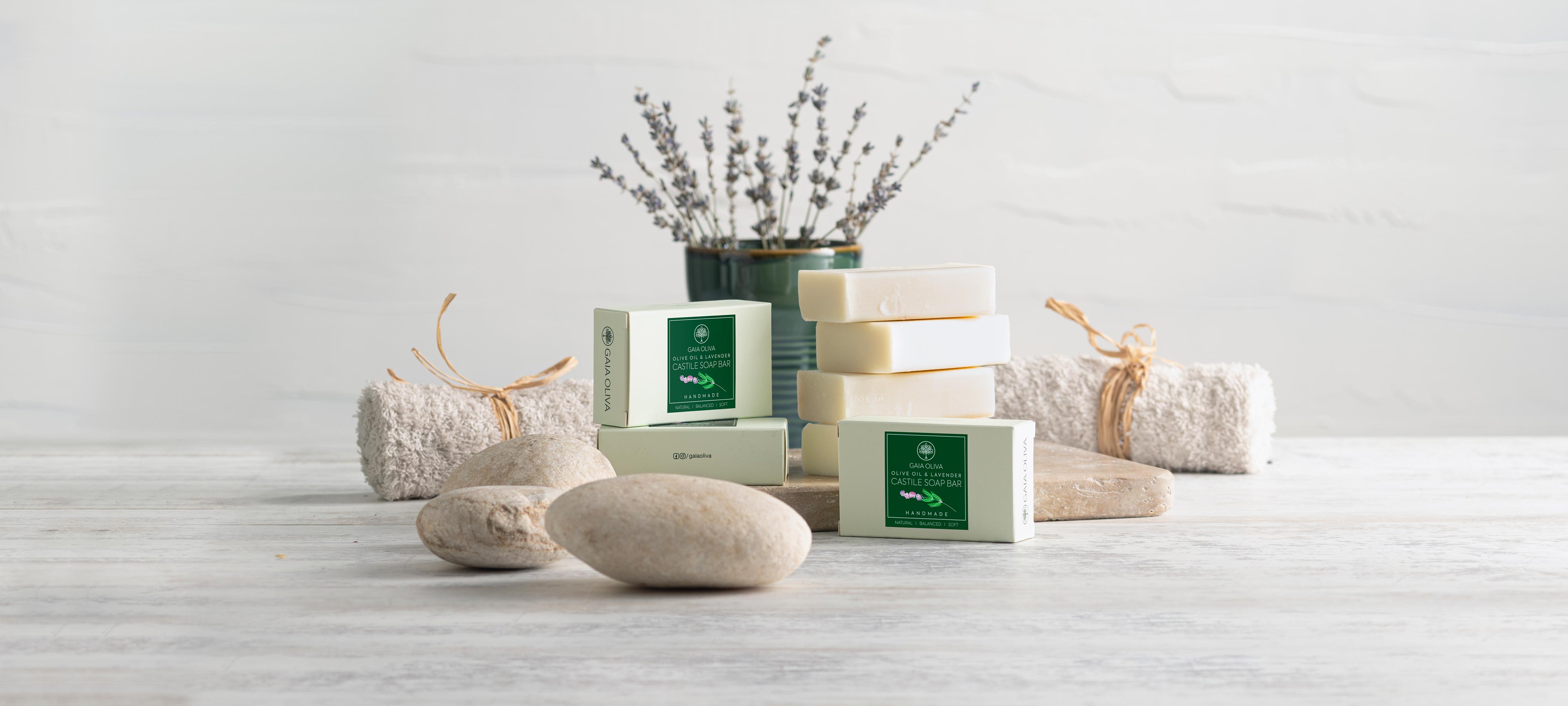
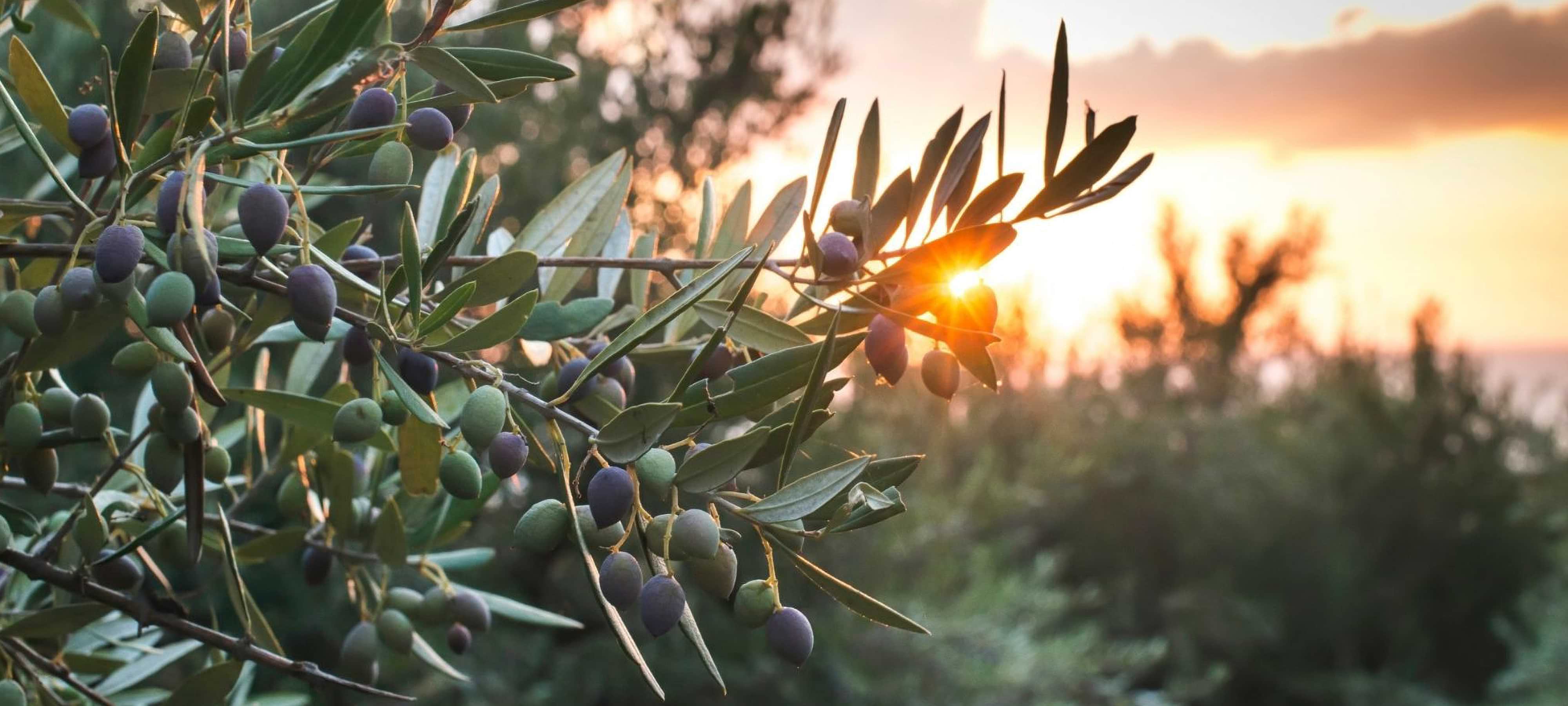
Leave a comment